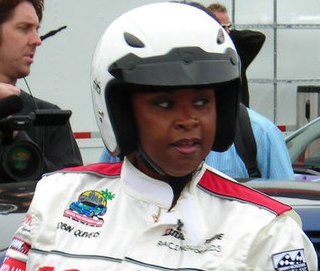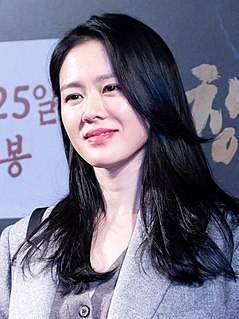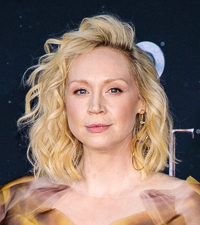A Quote by Robin Quivers
It's sad that women characters have lost so much ground in popular movies. Didn't 'Thelma and Louise' prove that women want to see women doing things on film? Thelma and Louise were in a classic car; they were being chased by cops; they shot up a truck - and women loved it.
Related Quotes
I wrote 'Thelma & Louise' in 1988, and we shot it in 1990. Everyone kept saying, 'This is so groundbreaking... this is going to change the landscape,' but I don't see that result at all. When we saw some female studio executives, we were hopeful that more women would be hired as directors, but that didn't really seem to happen.
When I started out, maybe because I did Thelma & Louise early on - but people were always asking, "Are things better for women now?" I would say, "Yeah, I think so. It seems like it." Then a few years in, I started saying, "I think so. I'm getting a lot of good parts, but I don't know." Then eventually, I was like, "Google it. I don't know, but it doesn't seem great."
I specially want to have young women not to wait as I did until my children were grown, but young women to come in to gain their seniority so they could be respected leaders at a much earlier age. It's important for all women to see young women who share their experience whether it's as a working mom with young children, who understands the struggle and the aspirations of young women in a similar situation. And if they don't have family and they're pursuing their career women should see that as well.
It just struck me as really odd that there were all of these conversations going on about what young women were up to. Were young women having too much sex? Were young women politically apathetic? Are young women socially engaged or not? And whenever these conversations were happening, they were mostly happening by older women and by older feminists. And maybe there would be a younger woman quoted every once in a while, but we weren't really a central part of that conversation. We weren't really being allowed to speak on our own behalf.































